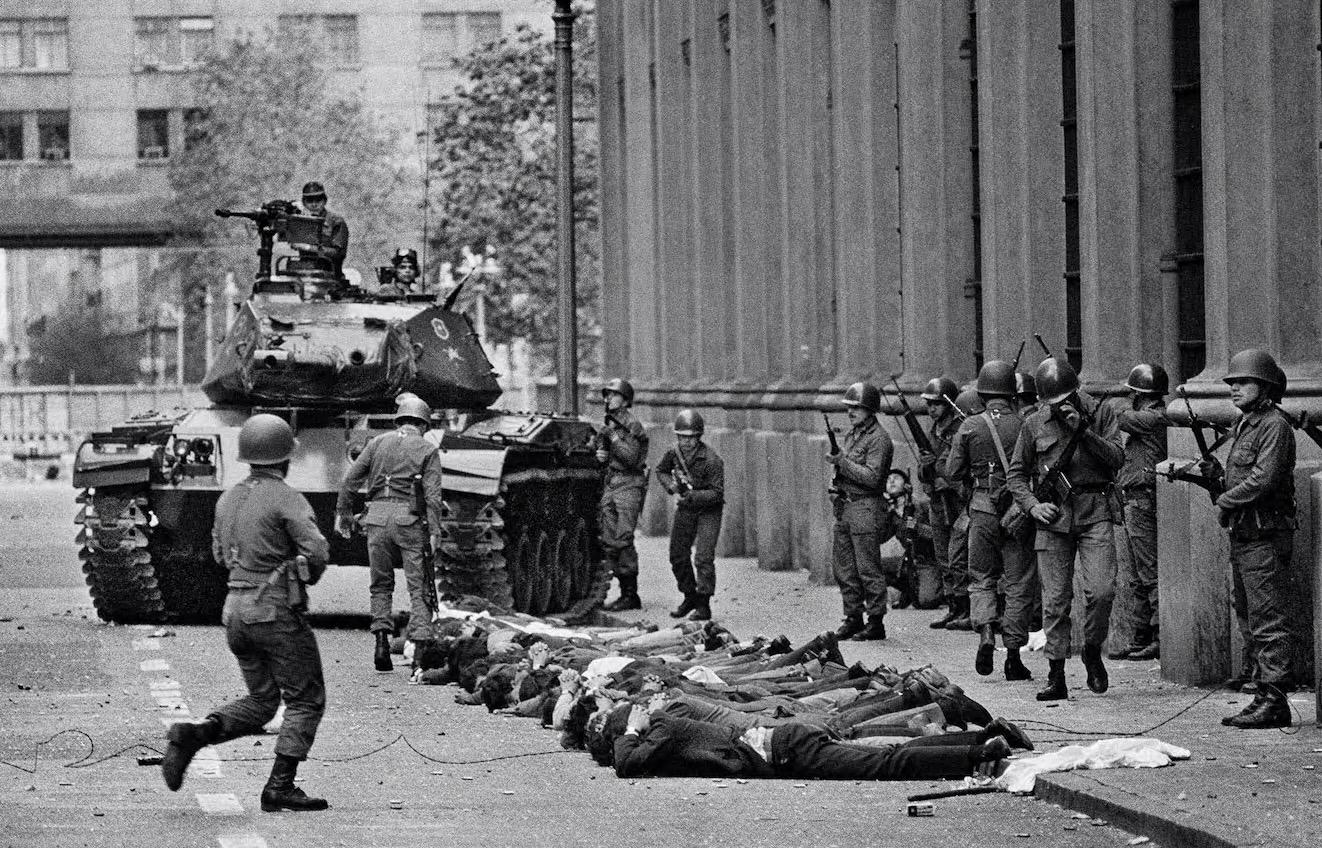
Tomás Fernández
Graduate in Philosophy and Letters from the UAB, former professor and former editor, he carries out the immense task of supplying the site (Biografías y vidas) with its contents and coordinating the development of its sections.
(Omar Torrijos Herrera; Santiago de Veraguas, 1929 – Olá, 1981) Panamanian military and politician.
In 1903, Panama had obtained its independence from Colombia through a revolt encouraged by the United States with the intention of building an inter-oceanic navigation canal in its territory. The new country gave the United States a strip that divided it in half, where the canal was built in 1904-14. But the North American presence and Washington’s interference in Panamanian politics created, since the 1920s, a nationalist sentiment that had one of its spokespersons in Omar Torrijos.
Omar Torrijos continued military studies in El Salvador and completed his military training at the School of the Americas, run by the United States in the Panama Canal zone. He joined the Panamanian National Guard in 1952, with the rank of lieutenant, and in 1966 he was promoted to lieutenant colonel.
In 1968 he led a military uprising that overthrew President Arnulfo Arias Madrid, and installed Colonel José María Pinilla as president to govern indirectly. In 1969, while General Omar Torrijos was in Mexico, a coup d’état led by Colonels Silvera, Pinilla and Urrutia took place, who tried to overthrow him. However, after the intervention of Colonel Alejandro Arauz and other senior leaders who quelled the military revolt, the situation in Panama returned to normal. Torrijos dismissed Pinilla as president, after accusing him of plotting, and appointed another Government Board chaired by the Marxist Demetrio Lakas .
After elections held in August 1972, the National Assembly adopted a new Constitution and granted Torrijos extraordinary powers as Head of Government for six years. Torrijista politics, always pragmatic, was characterized by a marked nationalism with populist connotations and by its concrete achievements, as in the case of agrarian reform. Internally he had no qualms about condemning his political opponents to imprisonment or exile.
However, the most notable event of his time as head of the Government were the negotiations with the United States over the Panama Canal zone. His pressure to recover sovereignty over the canal found an echo in the good neighbor policy of North American President Carter. The talks, which began with an agreement in principle in 1974, continued until June 1978. In the agreement, the United States undertook to gradually restore sovereignty over the canal to the Panamanian state, a process that was to conclude with the total and definitive on January 1, 2000.
Once the new agreements on the canal were ratified (by a plebiscite in Panama and by the Senate in the United States), Omar Torrijos fulfilled his promise. In August 1978 he appointed the until then Minister of Education, Arístides Royo, president of the Republic of Panama, and on October 11 he ordered the withdrawal of the National Guard barracks and left the government in the hands of civilians. Torrijos would reserve a single position for himself: that of commander in chief of the National Guard.
Although Torrijos continued to hold the leadership of the regime and founded the Panamanian Democratic Revolutionary Party, he increasingly dedicated himself to foreign policy. Thus, he became an arbitrator and advisor on numerous vital issues of Panamanian foreign relations; the most notable was the support provided to the Sandinistas in 1978 and 1979 to overthrow the dictatorial regime of Anastasio Somoza in Nicaragua.
Torrijos was the creator of the so-called telephone diplomacy in Latin America and exerted a charismatic influence on the Latin American left. Some Third World leaders urged him to compete with his friend, Cuban President Fidel Castro, for the leadership of the Non-Aligned Movement, an organization in which he was always highly respected. Killed in a mysterious plane crash in 1981, his nationalist policies were continued by General Noriega, who was overthrown, kidnapped and imprisoned in the United States during Bush’s time.
Tomás Fernández
